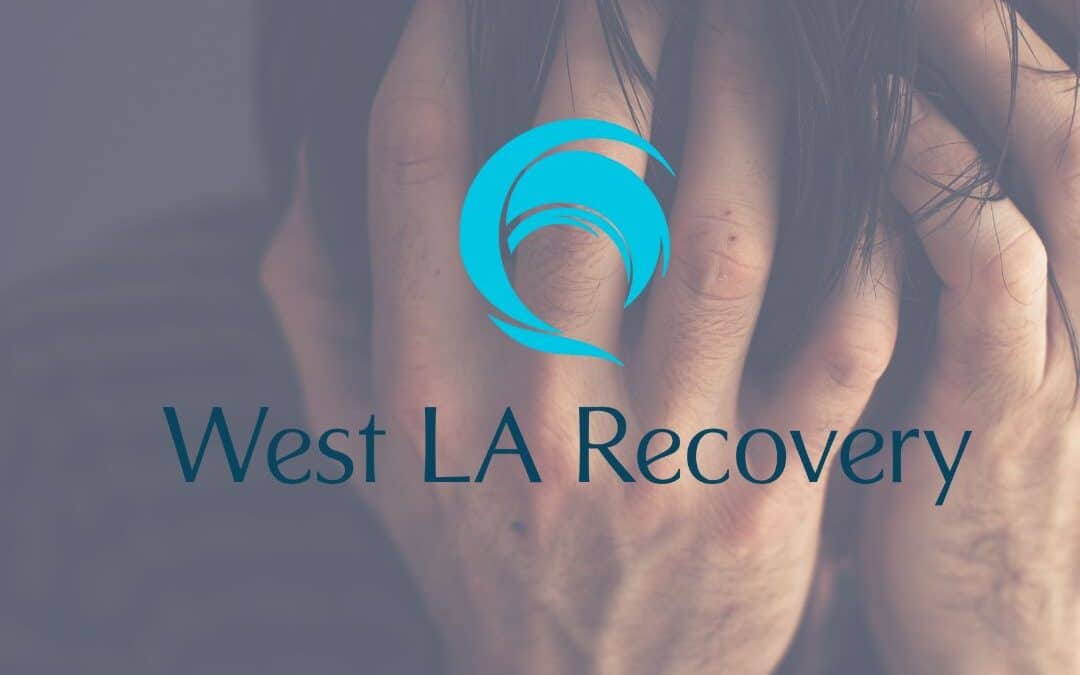Klonopin (generic name clonazepam) is indeed a widely prescribed medication. However, its use and potential for misuse warrant a thorough understanding for both patients and their caregivers. Therefore, let’s delve into the key aspects of this medication to ensure informed decision-making and safe usage.
What is Klonopin and What Does It Treat?
Klonopin belongs to a class of drugs known as benzodiazepines. These medications work by enhancing the effects of a neurotransmitter called GABA (gamma-aminobutyric acid), resulting in a calming and relaxing effect on the brain and body. Klonopin is primarily prescribed to treat:
- Anxiety Disorders: Klonopin helps to reduce excessive worry, fear, and panic attacks associated with various anxiety disorders.
- Seizure Disorders: It is effective in managing certain types of seizures, such as absence seizures and Lennox-Gastaut syndrome.
- Insomnia: In some cases, Klonopin may be used short-term to address sleep difficulties.
Understanding Klonopin Misuse
While Klonopin can be beneficial when used as directed, misuse can lead to serious health problems. Misuse includes:
- Taking Higher Doses: Exceeding the prescribed dose increases the risk of overdose, respiratory depression, and other adverse effects.
- Combining with Other Substances: Mixing Klonopin with alcohol or other central nervous system depressants can be extremely dangerous and even fatal.
- Using for Non-Medical Purposes: Taking Klonopin to achieve a “high” or to self-medicate can quickly lead to dependence and addiction.
Recognizing the Signs of Klonopin Addiction
It’s crucial for both patients and caregivers to be vigilant for signs of Klonopin addiction. These may include:
- Tolerance: Needing higher doses of Klonopin to achieve the same effects.
- Withdrawal Symptoms: Experiencing physical and psychological discomfort when trying to reduce or stop Klonopin use.
- Loss of Control: Being unable to control Klonopin use despite negative consequences.
- Prioritizing Klonopin: Neglecting responsibilities or relationships due to Klonopin use.
If you suspect Klonopin addiction, it’s imperative to seek professional help from a healthcare provider or an addiction specialist.
Klonopin Withdrawal: A Cautious Approach
Klonopin should never be abruptly stopped due to the risk of severe withdrawal symptoms, which can include seizures, anxiety, insomnia, and even psychosis. If discontinuation is necessary, it should be done gradually under medical supervision.
Safe Klonopin Use: Guidelines for Patients
- Follow Your Doctor’s Instructions: Take Klonopin exactly as prescribed, and don’t change the dose or frequency without consulting your doctor.
- Don’t Share: Klonopin is a controlled substance, and sharing it is illegal and dangerous.
- Inform Your Doctor: Discuss any other medications or supplements you’re taking to avoid potential interactions.
- Store Safely: Keep Klonopin out of reach of children and pets.
- Communicate: If you experience any side effects or concerning symptoms, talk to your doctor immediately.
Support for Caregivers
Caregivers play a vital role in supporting loved ones who are taking Klonopin. Consider these tips:
*Educate Yourself: Learn about Klonopin, its effects, and potential risks.
- Monitor for Signs of Misuse: Be observant of changes in behavior, mood, or medication adherence.
- Encourage Open Communication: Create a safe space for your loved one to talk openly about their experience with Klonopin.
- Offer Support: Help your loved one attend appointments, manage medication, and access resources for addiction or mental health support.
Seeking Help and Support
If you or someone you care for is struggling with Klonopin use or misuse, don’t hesitate to seek help. Here are some resources that can provide valuable assistance:
- West LA Recovery: Our comprehensive addiction treatment programs offer personalized care and support for individuals struggling with substance misuse. [Internal link to addiction treatment page]
- Substance Abuse and Mental Health Services Administration (SAMHSA): Provides information, resources, and a national helpline for substance use disorders.
- The National Alliance on Mental Illness (NAMI): Offers support groups, education, and advocacy for individuals and families affected by mental illness.
Remember: Recovery is possible. With the right support, individuals can overcome Klonopin addiction and regain control of their lives.







